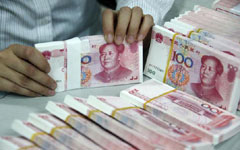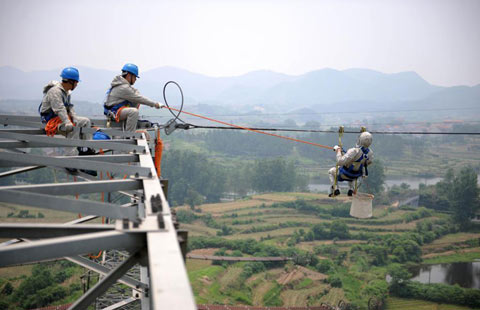Targeted easing the first step to aid economy
By Xin Zhiming (chinadaily.com.cn) Updated: 2014-06-03 14:38Above all, lacking full competition, the Chinese banking sector, especially those that are supposed to provide lending to small enterprises and farmers, do not have the incentive to make the lending. Policymakers remain slow in approving new banks targeted at making such loans and it is hard for farmers and small enterprises to turn to existing banks for loans. Private institutions, which can otherwise help those groups, are strictly controlled in China.
 |
 |
Solution, therefore, lies in accelerating the liberalization of the financial market, allowing more players to enter the banking market to increase competition. Only under the pressure of competition will some banks become more willing to lend to farmers and small enterprises.
Interest rate liberalization is a core step in the process of financial market liberalization. When interest rates can be fixed in accordance with market conditions, banks can seek higher interest rates to cover the extra risks that would arise in lending to farmers and small enterprises.
Policymakers should also experiment with new methods of collateral provision by loan applicants. They can encourage financial institutions to devise new policies to facilitate applicants and allow special guarantee companies to help them get bank loans.
So far, the State has issued a number of key documents urging reforms of the financial sector to ease lending to small players of the economy to add to its long-term vitality. But steps to implement those policies remain slow.
When the overall economy fares well, such tardiness in carrying out necessary reforms may not be noticeable. But when the economy is in a downturn, like it is now, such in-depth reforms would become much more indispensable.
- Huawei's Kirin 920 to shake global chip market?
- China to log food company conduct
- China's mixed ownership reform advances against headwinds
- Flexible financing turns Mercedes dream into a reality
- Test drive on China's ancient trade routes with Rolls-Royce
- Bumpy start for plan to regulate taxi-calling apps
- CMB reveals credit to financial leasing companies
- Beijing car plate 'yin and yang'

















